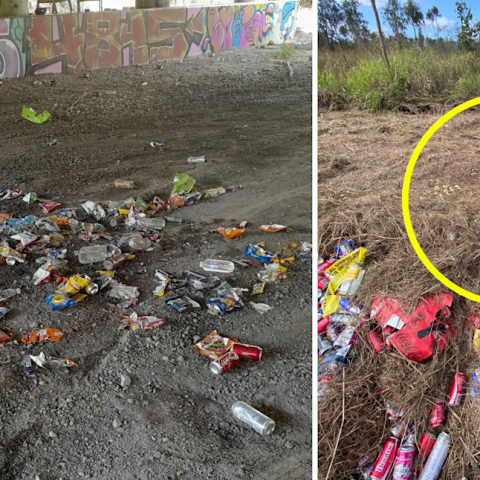The UK’s energy landscape has changed dramatically over the past 20 years. Surprisingly, we’re using less energy today than many experts predicted. A recent report from the Tyndall Centre for Climate Change Research at The University of Manchester dives into this shift. It reflects on two decades of energy scenarios and their real-world implications.
The report, titled ‘Decarbonising the UK revisited: reflecting on 20 years of UK energy system scenarios and their policy implications’, marks the Tyndall Centre’s 25th anniversary. The study analyzed various energy scenarios created in the 2000s. While many foresaw some reduction in energy demand, only one—the Tyndall Centre’s “Red” scenario—predicted the actual energy demand we see in 2022.
One key takeaway is that early models often overemphasized untested technologies and neglected proven strategies to reduce energy use. These include enhancing public transport, better home insulation, and cutting down on air travel. This misalignment likely influenced policy discussions, leading to an overreliance on idealistic technological solutions over practical everyday actions.
By comparing these projected futures with what actually happened, the report highlights where expectations were unrealistic and where genuine progress was overlooked. This reflection is essential because it reveals gaps in foresight in energy planning.
Dr. Gaurav Gharde, the lead researcher, pointed out that our focus was often misplaced. “Scenarios underestimated the power of less glamorous but effective solutions like energy efficiency while being overly optimistic about the rapid deployment of advanced technologies,” he said.
The report stresses the need for a broader approach in energy modeling. It suggests that future scenarios should delve into proven methods for cutting greenhouse gas emissions—like enhancing energy efficiency and promoting lifestyle changes. This shift could provide policymakers with more reliable options for addressing climate change.
Professor Alice Larkin, another co-author, echoed this sentiment. “Climate change is becoming more urgent. Our current ambitions aren’t matching the scale of the challenge. We need to reimagine existing technologies and behaviors to transition to a sustainable, low-carbon society more quickly,” she said.
Interestingly, recent studies show that public interest in renewable energy sources has surged, with a Pew Research survey indicating that 70% of Americans believe that developing alternative energy should be a priority. This trend mirrors the overarching need for diverse energy solutions, echoing what the Tyndall report suggests.
The insights from this report remind us that while we look to new technologies, we must also embrace and enhance the practical steps already within reach. Balancing innovation with proven strategies will be critical as we move toward a sustainable future.
For more detailed insights, check the [Tyndall Centre’s original report](https://www.tyndall.ac.uk). This exploration of past energy scenarios serves as a guide for paving the way forward, ensuring our strategies are grounded in both possibility and practicality.






















